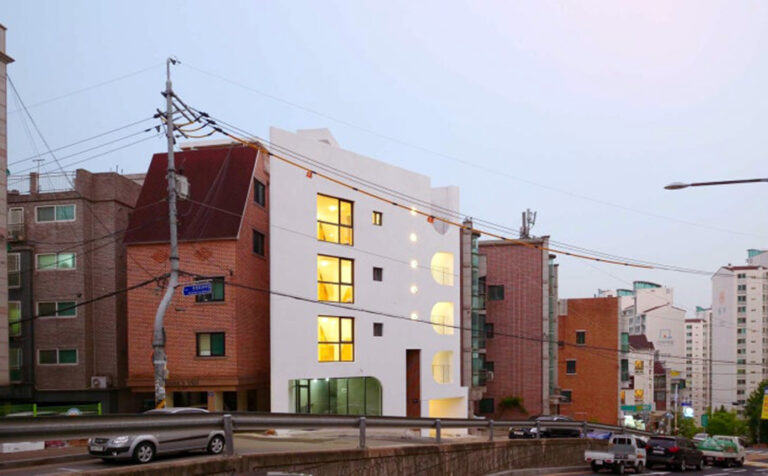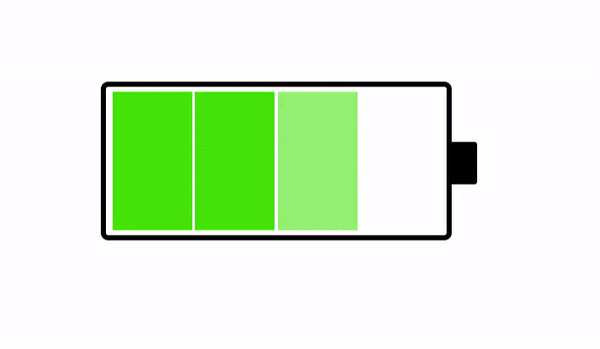To strengthen tax source management for unregistered lodging businesses, the National Tax Service established a definition and business registration code for ‘shared lodging business’ in September 2019. It mandated that ‘if one leases extra space continuously and repeatedly for profit, under one’s own responsibility and calculation, and generates income from it,’ it must be registered as a shared lodging business. However, to register as a shared lodging business, an urban minbak business registration certificate issued by the local government under the Tourism Promotion Act is required in urban areas, and a rural minbak business registration certificate issued by the local government under the Agricultural and Fishery Improvement Act is required in rural areas. This means there is an ambiguity in distinguishing it from the existing minbak businesses. The National Tax Service defines ‘minbak’ business as an ‘activity that provides lodging services using general residential houses such as single-family houses, multi-family houses, row houses, and apartments, including providing cooking facilities or meals along with lodging.’
In fact, since various discussions surrounding the shared lodging business are ongoing, it is difficult to consider the current related regulations as finalized. The core issues are largely twofold. One is whether to allow domestic travelers to some extent in urban minbak, which is currently targeted only at foreign tourists. The other is what regulations should be applied to lodging businesses using houses, as opposed to other types of lodging establishments. The reason these controversies, which conflict with current laws, have emerged is due to the difficulty of independently regulating the global lodging market practices that grew rapidly with Airbnb’s growth and protecting existing lodging businesses under current laws.
On November 28, 2019, the Ministry of Science and Technology temporarily permitted shared lodging for domestic residents through the domestic shared lodging platform ‘WeHome’ for up to 180 days per year until the shared lodging system is established through the ‘ICT Regulatory Sandbox Demonstration Exception.’ WeHome began its service on July 15, 2020, and the special exemption area was expanded from Seoul to Busan on October 24, 2023. Currently, the exception for WeHome is extended until July 2024, and it may be further extended if the system is not established within the period. So far, differences in opinions have not been narrowed down.


